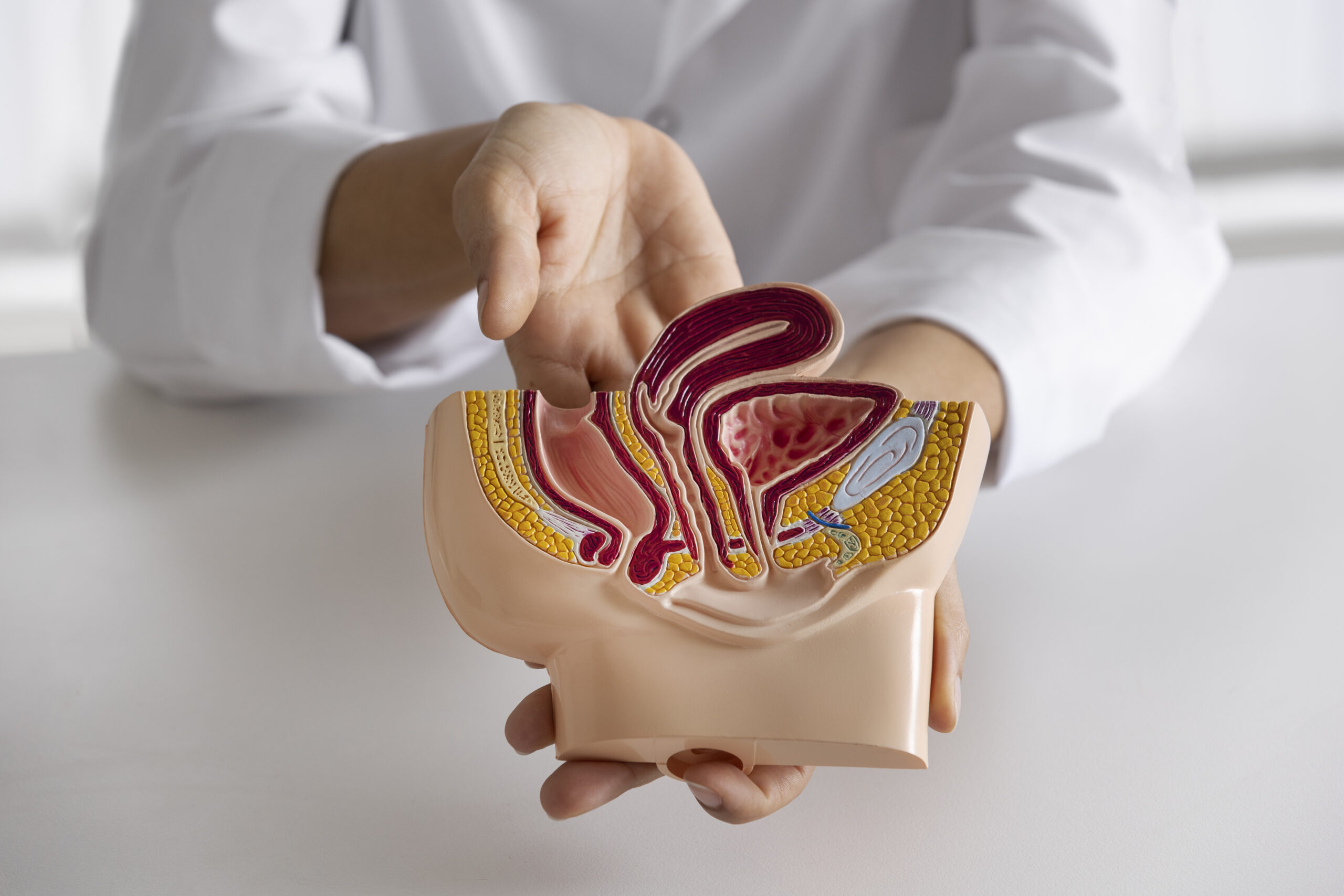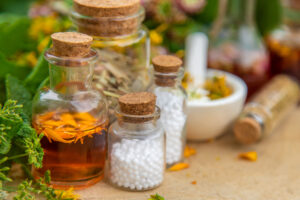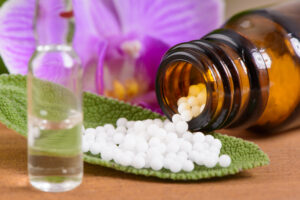Life with piles can be frustrating, humiliating, and inconvenient—but it doesn’t have to rule your life. The good news? By using the right management strategies and making some lifestyle adjustments, you can live a normal life with piles.
Piles, or hemorrhoids, are inflamed veins within the anal canal that may lead to pain, itching, bleeding, and aching on sitting or defecation. They are more frequent than you realize and frequently caused by long-term constipation, straining at stool, or sitting for hours.
Below are 10 expert tips that help you manage symptoms, avoid pile pain, and regain control of your daily routine—without fear or shame.
-
Emphasize a High-Fibre Diet
Constipation is a frequent reason for piles, which occurs due to straining on the bowel. To fight back, consume more of natural fibre in the form of fruits, vegetables, bran cereals, flaxseeds, and legumes. Fibre makes stool soft and easy to pass, decreasing pressure on the anal veins.
Try to consume a minimum of 25-30 grams of fibre every day. Also, reduce processed food, red meat, and refined flour that might aggravate constipation and contribute to the recurrence of piles.
-
Drink Water All Through The Day
Water is very important for normal digestion. Constipation caused by lack of water intake may make your stool hard and immovable, which can irritate piles and aggravate the pain.
Drink a minimum of 8–10 glasses of water daily. Fresh fruit juices and herbal teas can also be beneficial—but do not consume caffeinated beverages since they have a dehydrating effect on the body.
-
Never Delay the Poop Urges
How to permanently cure piles? One of the first steps is to respect your body’s signals. Procrastination of a bowel movement will make your stool dry and hard, thus challenging to pass and exacerbate piles symptoms. Strain and pressure in the rectum is further increased.
If you need to, head to the bathroom right away. Cultivate a habit of going to the toilet at the same time every day.
-
Employ a Squatting Position or Stool Support
How to sit with piles? Tired of sitting with discomfort? Placing a small stool at your feet while sitting on the toilet simulates squatting, which is a more natural state for bowel movements. It aligns your rectum and facilitates passing stools more easily—less pain and pressure.
-
Limit Long Sitting Times
Prolonged sitting for extended periods—particularly on rigid surfaces—aggravates piles and triggers flare-ups. It obstructs blood circulation within the anal region, leading to swelling and inflammation.
Take regular breaks if your work involves a lot of sitting. Stand up, stretch, or move around every 30–60 minutes. If sitting cannot be avoided, use a cushion or donut pillow designed specifically for the purpose of reducing pressure.
-
Exercise Regularly
Can I live normal life with piles? Yes—and staying active is key. Exercise encourages good digestion and enhances blood circulation, avoiding piles and constipation. Exercise lightly to moderately 30 minutes daily, 5 times a week, by walking, swimming, or doing yoga.
Do not do heavy weights, which place a lot of pressure on the abdomen and worsen piles.
-
Calm the Area with Warm Sitz Baths
Warm sitz bath (sitting in a couple of inches of warm water) may calm itching, irritation, and pain near the anal area. Soak for 15–20 minutes several times a day, especially following bowel movements.
This decreases swelling and keeps the area clean—avoiding infection and providing immediate relief. It’s one of the easiest home measures for how to avoid pile pain.
-
Use Mild Wipes or Clean Water
To prevent pile pain and irritation, don’t rub with dry toilet paper after stool passing. Instead, wipe with water or use alcohol-free, gentle wipes. Pat the area dry gently—not rub.
Anal hygiene is important to prevent infection and discomfort.
-
Wear Comfortable Clothing
Tight, synthetic underwear and clothing can cause sweating and irritation around the anal area. Opt for loose, breathable cotton fabrics that allow proper ventilation and reduce friction.
This small change can make a big difference in comfort and healing speed.
-
Seek Natural and Long-Term Treatment
If you’re curious how to cure piles for life, changes in your lifestyle can provide relief, but treating the underlying cause is the key to permanent recovery. That’s where treatments like homeopathy can prove to be really useful.
Dr. Rashmi Chandwani’s Homeopathic Approach to Piles
Dr. Rashmi Chandwani, a renowned name for homeopathy, provides individualized and comprehensive solutions for pile sufferers. Instead of just temporarily alleviating symptoms, her treatment eliminates the cause—chronic constipation, poor eating habits, lack of exercise, or emotional stress.
With a thorough history of the patient and physical examination, she determines the precise nature of your piles—internal, external, or thrombosed—and prescribes mild, side-effect-free treatments. Not only does her treatment lower pain, itching, and bleeding but also improve your overall immunity and health.
Can I Lead a Normal Life with Piles?
Yes! With proper care, attention, and guidance, piles can be controlled successfully. Whether you experience intermittent discomfort or persistent symptoms, these 10 tips will guide you to take command once more.
Early care and lifestyle correction work a long way in avoiding such complications as fissures or fistula. Don’t delay. Consult a homeopathic physician and live a life free of piles.
FAQs
- Can I lead normal life with piles?
Yes, most individuals with piles live a normal life with effective management of symptoms by means of lifestyle modification, hygiene, and homeopathic treatments.
- How to remove piles permanently?
Permanent elimination is possible by addressing the cause—e.g., constipation or indigestion—and resolving it holistically. Homeopathy provides long-term elimination without surgery or side effects.
- How to prevent pain of piles?
Avoid straining when having a bowel movement, consume foods high in fibre, maintain hydration, and sit on the toilet in a squatting position. Warm sitz baths and gentle hygiene habits also minimize discomfort.
- Sitting with piles: how to?
Apply a soft cushion or a donut pillow to minimize anal pressure. Break frequently if sitting for extended periods and adopt proper toilet posture with the use of a footstool.




